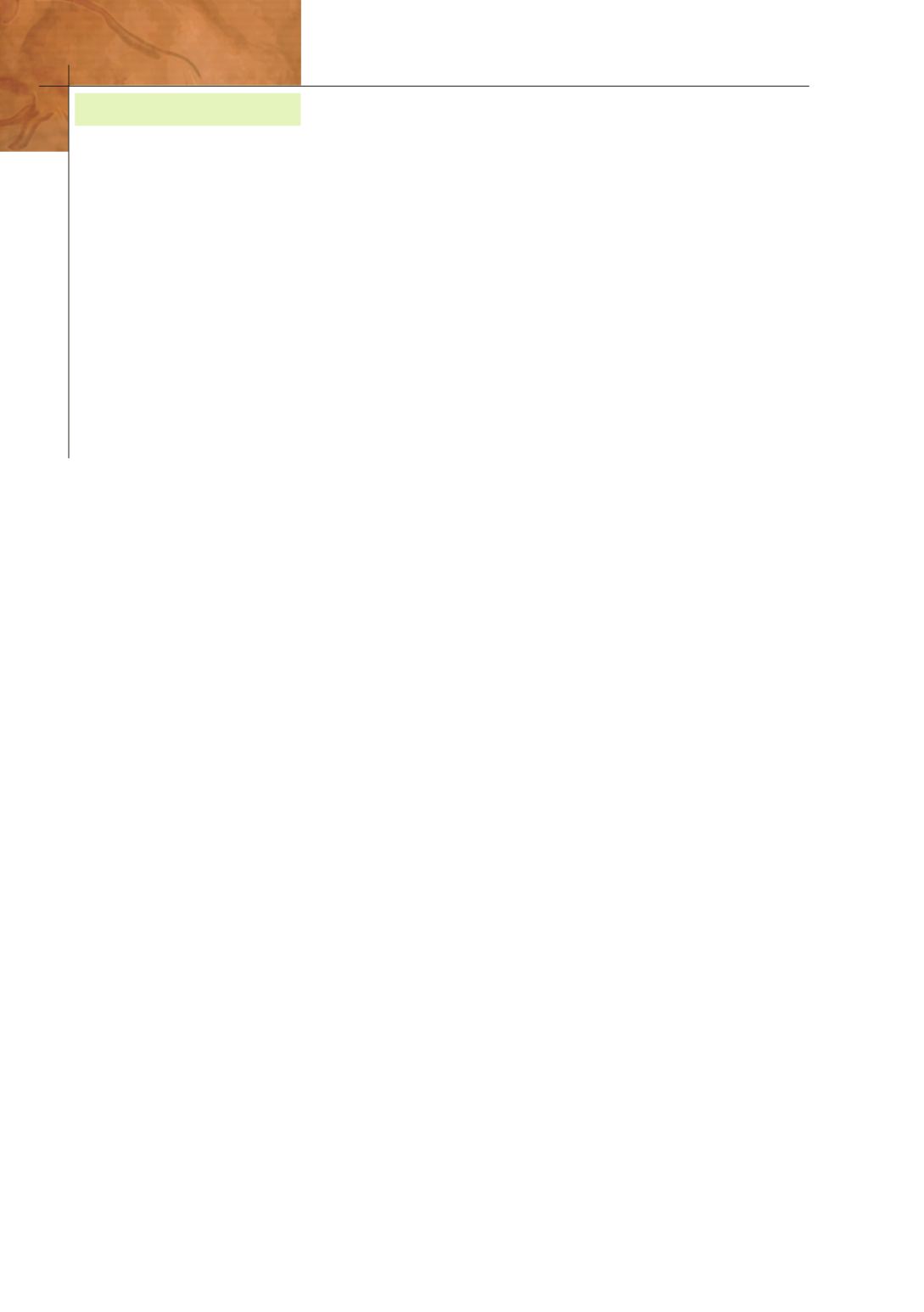

СОСТОЯНИЕ ВСЕМИРНЫХ ГЕНЕТИЧЕСКИХ РЕСУРСОВ ЖИВОТНЫХ
В СФЕРЕ ПРОДОВОЛЬСТВИЯ И СЕЛЬСКОГО ХОЗЯЙСТВА
РАЗДЕЛ
1
134
FAO
2006c.
The impact of disasters and emergencies
on animal genetic resources: a scoping document,
by C. Heffernan & M. Goe. Rome.
FAO/OIE.
2004.
The global framework for the progres-
sive control of transboundary animal diseases.
FAO/OIE. Paris/Rome.
FAOSTAT.
(available at
http://faostat.fao.org/site/291/default.aspx).
Farooquee, N.A., Majila, B.S. & Kala, C.P.
2004.
Indigenous knowledge systems and sustainable
management of natural resources in a high
altitude society in Kamaun Himalaya, India.
Journal
of Human Ecology,
16(1): 33–42.
Goe, M.R.
2005.
Livestock production and HIV/AIDS
in East and Southern Africa.
Working Paper. Animal
Production and Health. Rome. FAO.
Goe, M.R. &Mack, S.
2005.
Linkages between HIV/
AIDS and the livestock sector in East and Southern
Africa.
Technical Workshop, Addis Ababa, Ethiopia,
8-10 March 2005. Animal Production and Health
Proceedings No. 8. Rome. FAO.
Goe, M.R. & Stranzinger, G.
2002.
Developing appro-
priate strategies for the prevention and mitigation
of natural and human-induced disasters on livestock
production.
Internal Working Document. Breeding
Biology Group, Institute of Animal Sciences, Swiss
Federal Institute of Technology, Zurich.
Haag, A.L.
2004.
Future of ancient culture rides
on herd’s little hoofbeats,
New York Times,
December 21, 2004 (also available at http://query.
nytimes.com/gst/abstract.html?res=F10B11FE38540C728EDDAB0994DC404482).
Hanks, J.
1998.
The development of a decision sup-
port system for restocking in Mozambique.
Field
Report. Reading, UK. Veterinary Epidemiology
and Economics Research Unit, University of
Reading.
Heffernan, C., Nielsen, L. & Misturelli, F.
2004.
Restocking pastoralists: a manual of best practice
and decision-support tools.
Rugby, UK. ITDG.
Heffernan, C. & Rushton, J.
1998. Restocking:
a critical evaluation.
Nomadic Peoples
4(1).
Hiemstra, S.J., Drucker, A.G., Tvedt, M.W., Louwaars,
N., Oldenbroek, J.K., Awgichew, K., Bhat, P.N.
& da Silva Mariante, A.
2006.
Exchange, use and
conservation of farm animal genetic resources.
identification of policy and regulatory options.
Wageningen, the Netherlands. Centre for Genetic
Resources, the Netherlands (CGN), Wageningen
University and Research Centre.
Hogg, R.
1985.
Restocking pastoralists in Kenya: a
strategy for relief and rehabilitation.
ODI Pastoral
Development Network Paper 19c. London.
Overseas Development Institute.
HPI.
2002.
Project Profiles: Helping people around
the
world fight hunger and become self-reliant.
Little
Rock, Arkansas, USA. Heifer Project International.
IFRCS.
2004.
World disasters report 2004.
Geneva.
International Federation of Red Cross and Red
Crescent Societies.
IFRCS.
2005.
World disasters report 2005.
Geneva.
International Federation of Red Cross and Red
Crescent Societies.
Iñiguez, L.
2005. Sheep and goats in West Asia and
North Africa: an Overview, In L. Iñiguez, ed.
Characteri-zation of small ruminant breeds in West
Asia and North Africa,
Aleppo, Syria. International
Center for Agricultural Research in Dry Areas
(ICARDA).
Kelly, K.
1993.
Taking stock: Oxfam's experience
of restocking in Kenya.
Report for Oxfam. Nairobi.
King, J.M., Parsons, D.J., Turnpenny, J.R., Nyangaga,
J., Bakari, P. & Wathes, C.M.
2006. Modelling
energy metabolism of Friesians in Kenya
smallholdings shows how heat stress and energy
deficit constrain milk yield and cow replacement
rate.
Animal Science,
82(5): 705–716.
Köhler-Rollefson, I.
2000.
Management of animal
genetic diversity at community level.
Eschborn,
Germany. GTZ.
Köhler-Rollefson, I.
2005.
Building an international
legal framework on animal genetic resources: can it
help the drylands and food insecure countries.
Bonn,
Germany. League for Pastoral Peoples, German NGO
Forum on Environment and Development.









